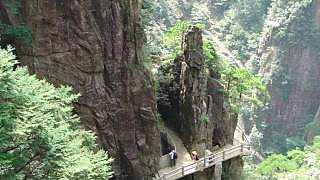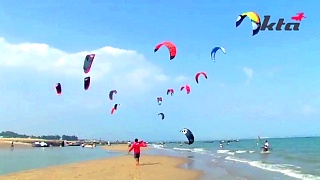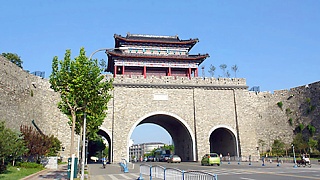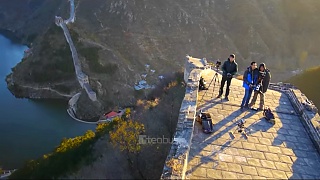ChengDu is the provincial capital of SiChuan, in south west China.
The film includes the Panda Research Center, ChengDu city center, JinLi historical district, Happy Valley and more ...
[640],shadow=true,start=,stop=Chengdu, the capital of Sichuan Province in southwest China, is a vibrant city known for its rich history, spicy cuisine, and relaxed lifestyle. Here's a guide for tourists visiting Chengdu:
Cultural and Historical Attractions:
Chengdu Research Base of Giant Panda Breeding: One of the most popular attractions in Chengdu, this conservation center allows visitors to observe giant pandas in a semi-natural habitat.
Jinli Ancient Street: Located next to Wuhou Shrine, Jinli Ancient Street is a bustling pedestrian street lined with traditional Sichuan-style buildings, shops, teahouses, and street food stalls.
Wuhou Shrine: Dedicated to Zhuge Liang, a famous military strategist of the Three Kingdoms period, and Liu Bei, the emperor of the Shu Kingdom, Wuhou Shrine is a historic complex with beautiful gardens and ancient architecture.
Du Fu Thatched Cottage: This museum and park commemorates the Tang Dynasty poet Du Fu and features reconstructions of his former residence and gardens.
Culinary Delights:
Sichuan Cuisine: Chengdu is renowned for its spicy and flavorful Sichuan cuisine. Don't miss the opportunity to try local specialties like mapo tofu, hot pot, and dandan noodles.
Hot Pot: Chengdu's hot pot is famous nationwide. Enjoy a communal dining experience where you cook various meats, vegetables, and other ingredients in a bubbling pot of spicy broth.
Natural Beauty:
Mount Qingcheng: Located about an hour's drive from Chengdu, Mount Qingcheng is one of the birthplaces of Taoism and offers picturesque hiking trails, ancient temples, and serene scenery.
Jiuzhaigou Valley: While it's a bit further from Chengdu (requiring a flight or long bus ride), Jiuzhaigou Valley is a UNESCO World Heritage Site known for its stunning turquoise lakes, waterfalls, and colorful forests.
Modern Attractions:
Chengdu Research Base of Tianfu Giant Panda Breeding: In addition to the Giant Panda Breeding Base, this newer facility focuses on breeding and research for giant pandas and other endangered species.
Sichuan Opera: Experience traditional Sichuan opera performances featuring colorful costumes, face-changing (bian lian) techniques, acrobatics, and puppet shows.
Practical Tips:
Transportation: Chengdu has an efficient public transportation system, including a subway and buses. Taxis and ride-hailing services like DiDi are also readily available.
Weather: Chengdu has a humid subtropical climate with mild winters and hot, humid summers. It's advisable to check the weather forecast before your trip and pack accordingly.
Language: While Mandarin is the official language, the local dialect in Chengdu is Sichuanese. English may not be widely spoken outside of tourist areas, so consider learning a few basic phrases or carrying a translation app.
Chengdu offers a blend of cultural heritage, culinary delights, and natural beauty, making it an enticing destination for travelers seeking an authentic Chinese experience. Whether you're exploring historic sites, savoring spicy cuisine, or marveling at the region's natural wonders, Chengdu is sure to leave a lasting impression.

 Beautiful ChengDu 成都 …
Beautiful ChengDu 成都 …
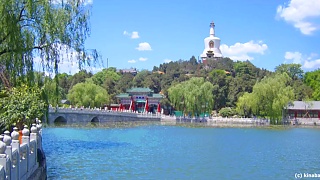
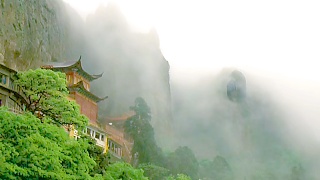
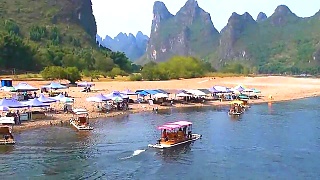

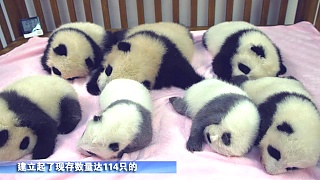
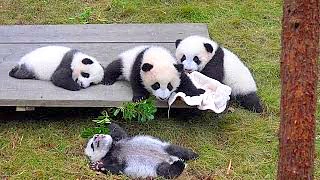
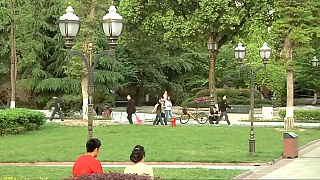
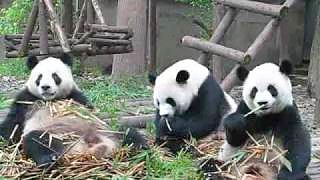
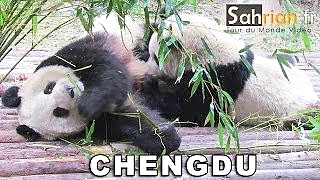
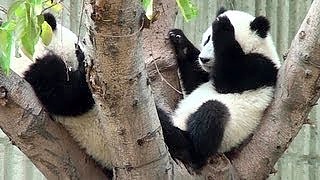


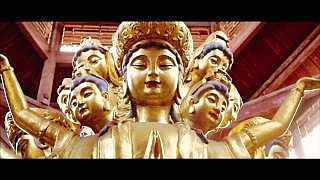
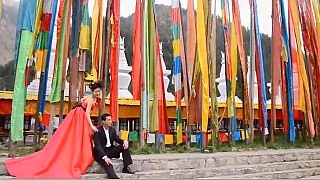
![With Time Walker ... `Shenzhen Library North is one of the first major cultural facilities of the new era built and completed in Shenzhen. It has a construction area of about 72,000 square meters, 6 floors above ground and 3 floors underground. It is designed to hold 8 million books and provide 2,500 seats. Its total investment is about 1. 2 billion yuan. The library is positioned as a large-scale comprehensive and intelligent library integrating document collection, national reading, social education, ideological exchange, cultural inheritance and creative creation. It not only has the functions of a public library, but also serves as the city`s document adjustment library and Shenzhen`s `City of Libraries` joint editing center, network data center and document allocation center. The library has many special libraries and interactive learning spaces, and has the largest underground intelligent three-dimensional library in the country, equipped with advanced facilities such as large-scale rapid sorting system, vertical track access system and electronic seeding wall system. As of July 2024, Shenzhen Library North was officially opened on December 28, 2023. After the opening, 6,000 reservations will be available in the public service area and 2,000 reservations will be available in the children`s area every day. Readers can submit a reservation for admission through the Shenzhen Library WeChat official account one day in advance, and present the reservation voucher to enter the venue after arriving at the library. The specific opening hours are from Tuesday to Sunday 9:00-21:00. The housekeeping is done on Mondays. The 1F Reading Hall is open from Monday to Sunday 7:00-23:00. Legal holidays will be notified separately. Location: Located at the intersection of Tenglong Road and Zhongmei Road in Longhua District. Transportation: • Subway: Take Line 4 or Line 6 to Hongshan Station and walk to the library in a few minutes. • Bus: There are many bus lines stopping nearby, such as [specify the specific bus number and stop]. Architectural Features: The exterior adopts a unique design similar to white fish scales, creating a visually stunning effect. The interior space is spacious, with a large atrium and elegant book walls. Opening hours: Open from 9:00 to 21:00 from Tuesday to Sunday. The 1F reading room is open from 7:00 to 23:00. Collection Features: The collection is rich and covers various fields and genres. There are rare and precious books, as well as newly published books to meet different interests. Exhibition Features: Regularly hold a variety of exhibitions, including art exhibitions, historical displays and cultural exhibitions, providing a rich visual and intellectual experience. When you visit: • Remember to make an appointment in advance through the Shenzhen Library WeChat official account. • Take your time to explore each floor and enjoy the peaceful reading atmosphere. ` The awesome ShenZhen Library North Branch](https://img.youtube.com/vi/4jP97cIHKUc/mqdefault.jpg)
